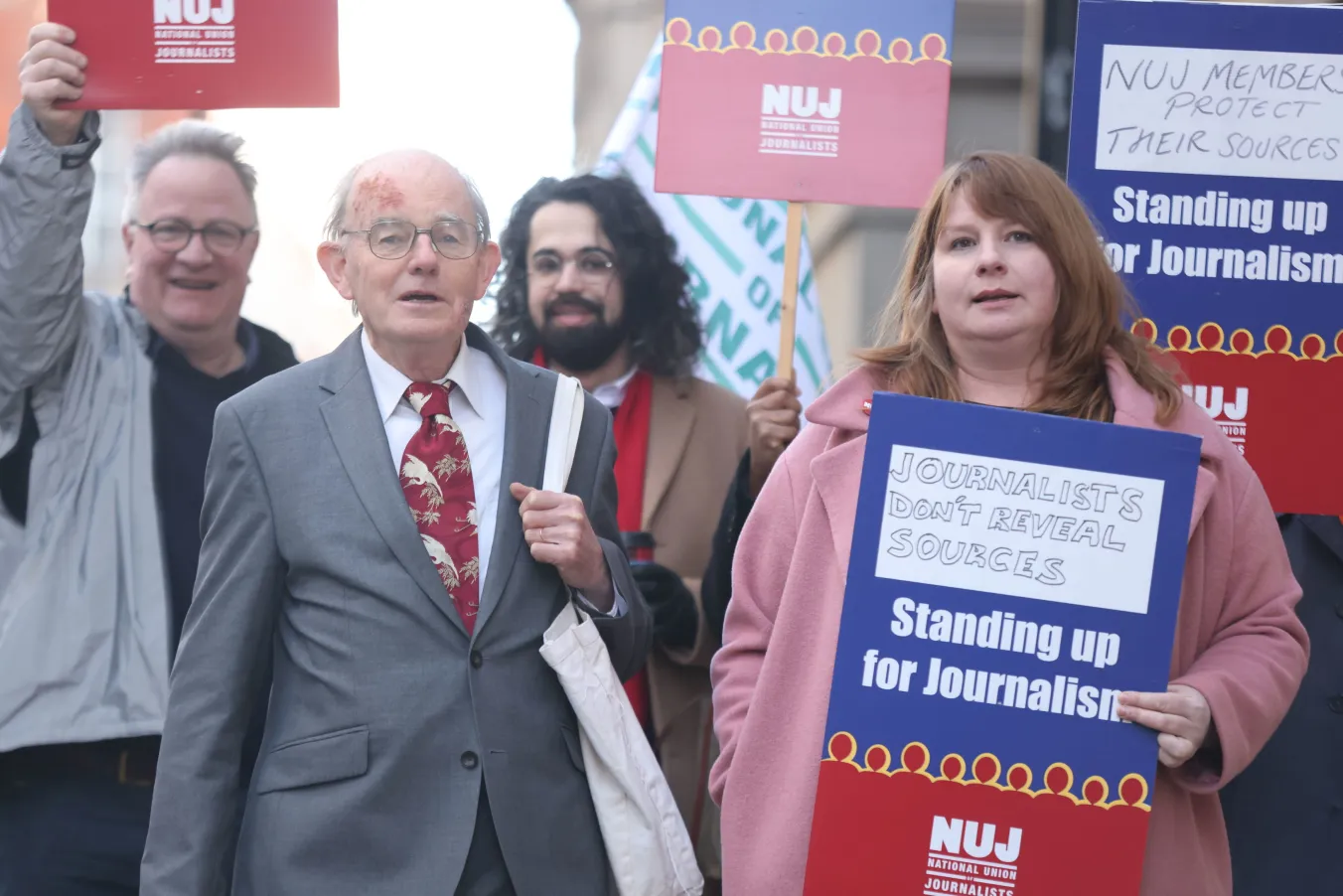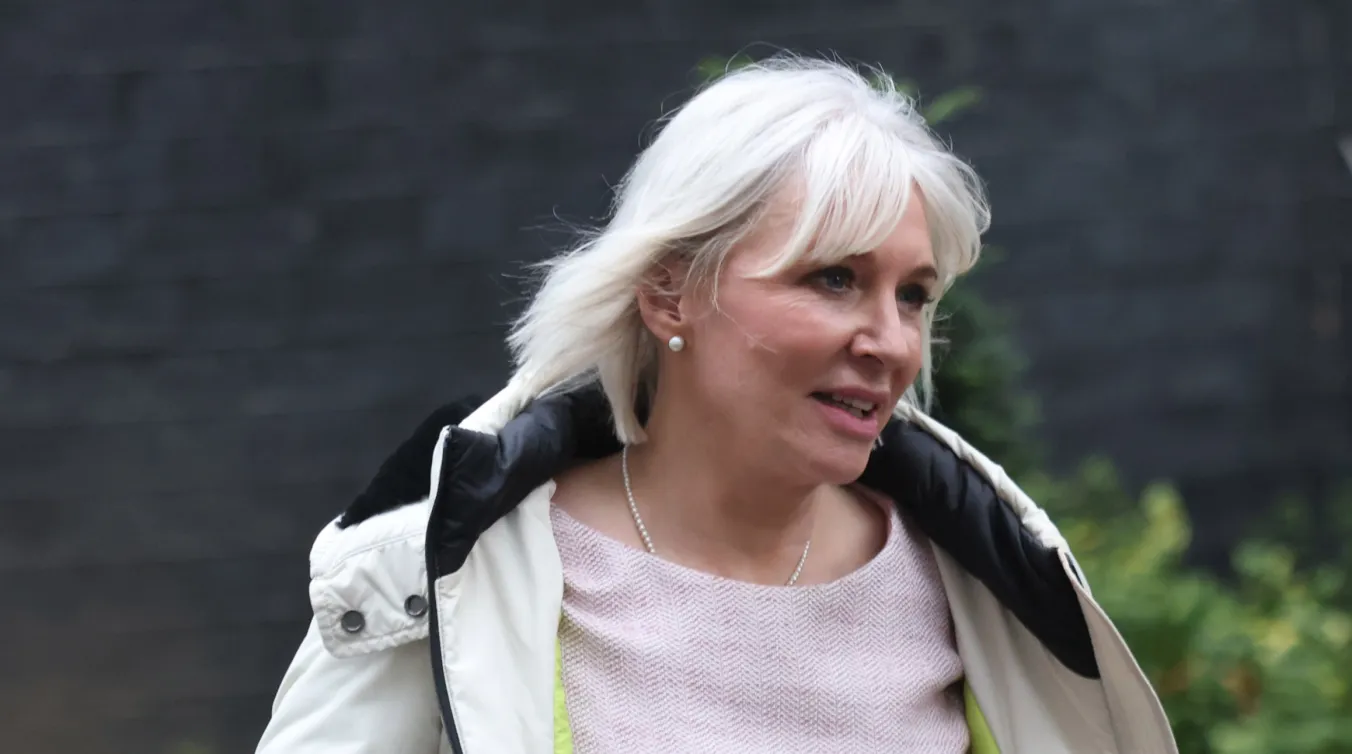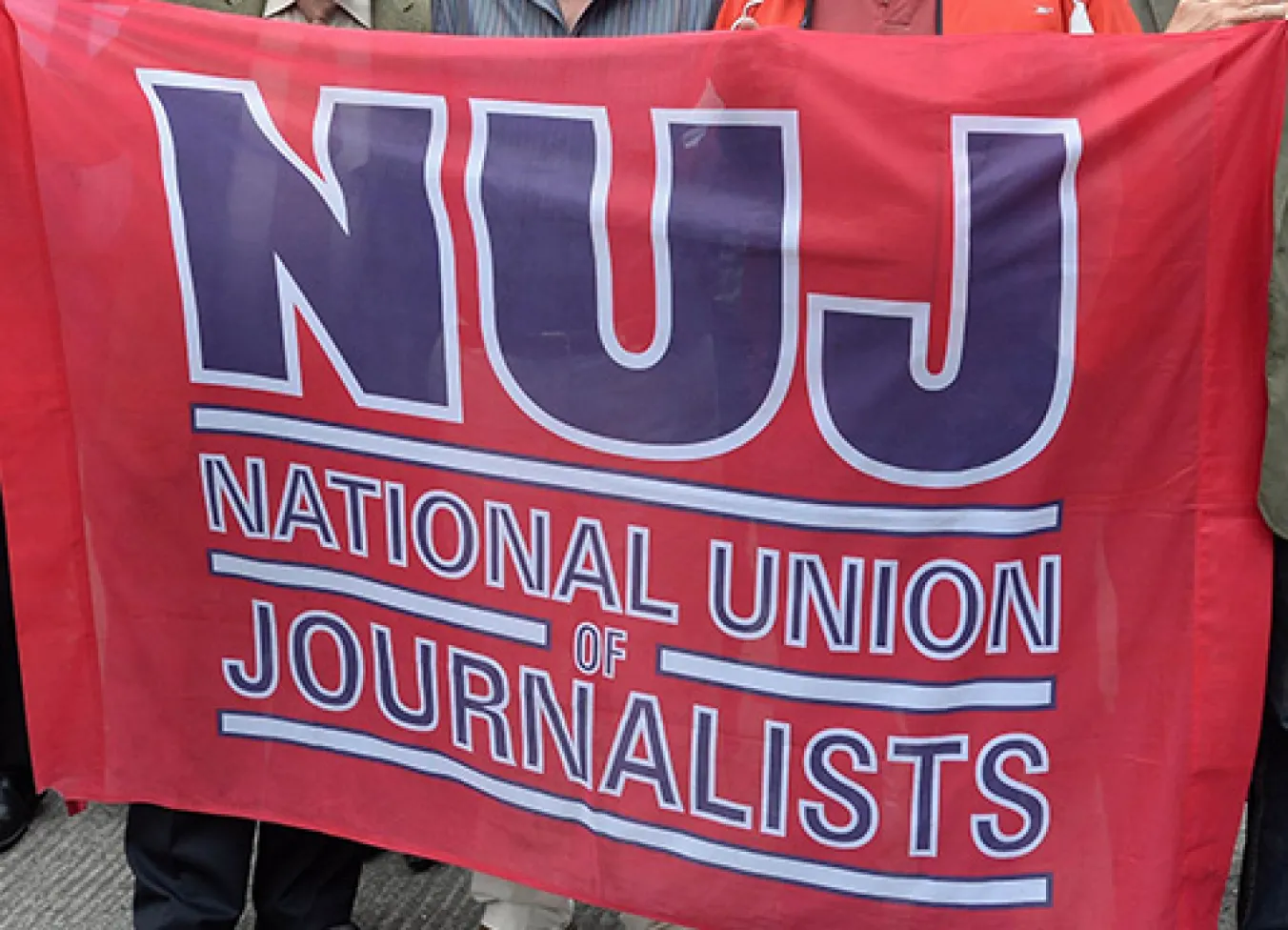
“I JUST WONDER whether the truth is being withheld from us,” said Nigel Farage MP in a video he published on July 30, the day after the tragic stabbings in Southport that shocked the country. Over the next few days, serious rioting took place in cities across Britain. The damage done by those who deliberately undermine hitherto trusted sources of information is hard to ignore.
What Farage, and others do by intent, others merely facilitate. Social media platforms Telegram and Twitter/X both accused of fanning the flames of riot, some of those since jailed for inciting violence did so on Facebook. It is a backdrop that underlines the need for trusted, quality journalism as never before.
But the news business has been in major crisis for many years as it struggles to monetise the move from print to digital, with the tech platforms Meta and Google hoovering up most online advertising, altering the algorithms used to distribute newspapers’ content, and with younger people increasingly consuming their news via social media.

















